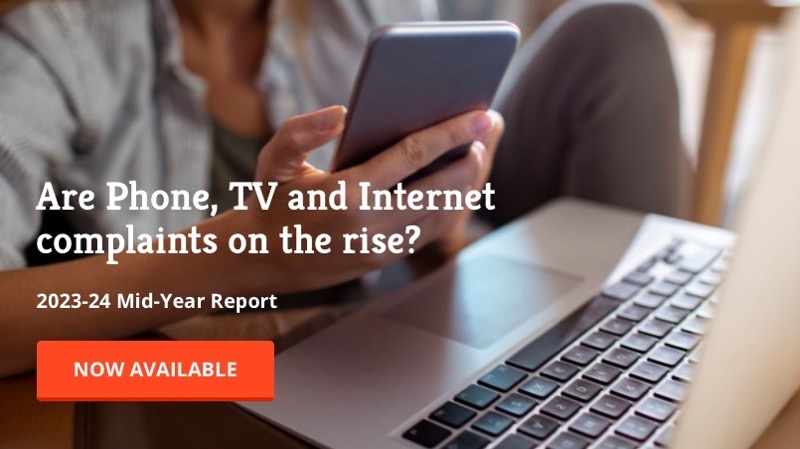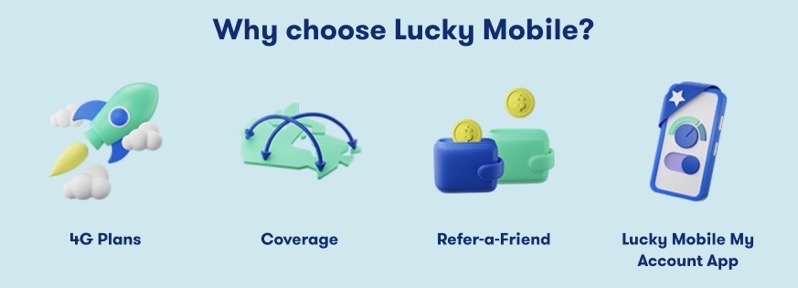
Bell Overcharging Canadians ‘Tens of Millions’ for 911 Services, Alleges Vidéotron

Bell and two other major telecommunications companies are overcharging Canadians for 9-1-1 services by operating two emergency communications systems at the same time, Quebecor-owned Vidéotron alleged in recent a complaint filed with the Canadian Radio-television and Telecommunications Commission (CRTC) — reports The Toronto Star.
Alongside Telus and SaskTel, Bell is currently responsible for both operating Canada’s legacy 9-1-1 system and developing a next-generation network that will allow for video streaming and emergency texts in addition to voice calls.
Vidéotron and other providers like it are required to pay for access to the emergency system for each of their wireline and wireless customers. Currently, both the old and new 9-1-1 systems are running in parallel, with Bell and Co charging providers for access to both networks under a period of double-billing — approved by the CRTC in 2017 — until the new system is ready and the old one is phased out.
The additional costs from the over-billing are typically passed on to customers. In a recent letter to Industry, Science and Technology Minister François-Philippe Champagne, Quebecor CEO Pierre Karl Péladeau called Bell’s conduct “abusive.”
According to Bell, both systems need to be operational during the transition period because the telephone switches used in the old system are being used to direct communications traffic until the all-IP system for the next-gen system is fully functional.
Bell has responded by demanding that Vidéotron, which has, in a “very rare” move, stopped paying for certain 9-1-1 services, pay a hefty penalty.
“If a carrier only pays one fee, which is basically what Videotron is arguing for, they would be under-compensating for the regime,” Philippe Gauvin, a regulatory lawyer for Bell, told The Toronto Star.
Under the current rules, carriers are required to pay Bell and other emergency system operators a flat access fee per customer. Instead, Vidéotron is urging the CRTC to implement a new pay-per-use billing system for emergency services.
“Telecom service providers should not be required to pay twice for 911 services, especially for services they’re not even receiving,” Quebecor said in a statement to the Star. While the first phase of the next-generation 9-1-1 system went live in March 2022 after being delayed by a couple of years due to the COVID-19 pandemic, service on the new system is currently indistinguishable from the old one since it too only supports voice calls at this time.
“Videotron’s proposal to pay 911 fees based on actual usage would allow Canadians to access 911 services at a fair and reasonable price and force Bell to quickly implement (next-generation) 911 service.”
The proposal has gained support from Rogers and Cogeco, which are in the same boat as Vidéotron. Bell, however, said a pay-per-use system could penalize carriers for spikes in emergency call volumes, such as those accompanied by natural disasters.
Vidéotron noted that this problem will “double” once it acquires Freedom Mobile from Shaw Communications. The Quebecor-owned telecom company is set to purchase Freedom and all of its assets for $2.85 billion in a deal that’s part of the larger, $26 billion merger of Rogers and Shaw.

